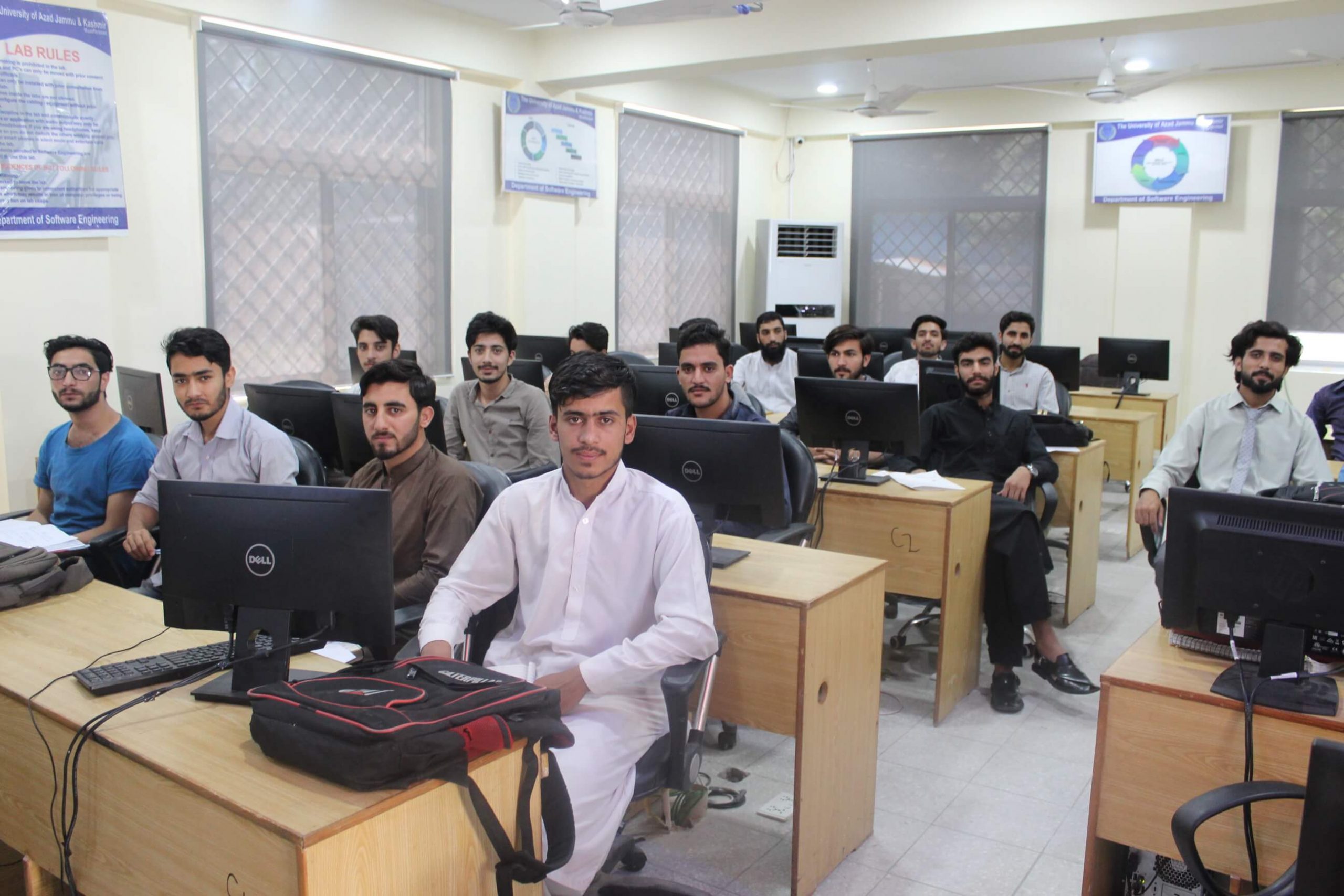Basic Concepts – Islam, Quran and Hadith
Faith and Religious Life:Selected Verses of Surah Al-Baqara Related to Faith (Verse No-284-286)
Faith and Religious Life: Selected Verses of Surah Al-Mumanoon Related to Characteristics of Faithful (Verse No-1-11)
Basic Concepts and of Characteristics of Islamic Culture and Civilization
Education System of Islam
Political System of Islam – Dynamics, Sovereignty and Institutions
Economic System of Islam – Principles, Riba, Trade and Commerce
Acceptance of Other Religions – Interfaith Harmony
Foreign Policy
Basic Concepts of Social System in Islam
Elements of Family and their Rights – Parents, Women, Husband & Wife, Children
Inheritance – Rights and Laws
Social Rights – Neighbors, Relatives and Society
Equality and Brotherhood: Selected Verses of Surah al-Furqan Related to Social Ethics (Verse No.63-77)
Concept of Welfare State – Period of Khilafat-e-Rashida
Basic Concepts – Islam and Ethics: Selected Verses of Surah Al-Inam Related to Ihkam (Verse No-152-154)
Profession and Professionalism in Islam
Characteristics of a Professional: Truthfulness, Honesty, Sincerity, Patience, Gratitude, Meditation and Research
Role for Human Safety and Environment
Time Management
Prophet Muhammad (PBUH) – Role Model-Selected Verses of Surah Al-Hujrat Related to Adab Al-Nabi (Verse No-1-18) and Selected Versus of Surah Al-Ihzab Related to Adab Al-Nabi (Verse No. 6, 21, 40, 56, 57, 58)
Islam and Science
Role of Muslims in Science and Education
Critical Thinking and Innovation- Selected Verses of Surah Al-Hashar (18,19,20) Related to thinking, Day of Judgment and Selected Verses of Surah Al-Saf Related to Tafakar, Tadabar (Verse No1,14)
To establish that Islam strengthens ethical value of not only its followers but also of the society
To list examples from history, how Islam has improved the ethical standards of society and individuals
To teach students how by becoming practicing Muslim shall improve their ethical and moral values
Lectures (audio/video aids), Written Assignments/ Quizzes, Tutorials, Case Studies relevant to engineering disciplines, Semester Project, Guest Speaker, Industrial/ Field Visits, Group discussion, Report Writing
Mid Term, Report writing/ Presentation, Assignments, Project Report, Quizzes, Final Term
Al-Qur’ān القرآن) selected text).
Sayyid Tāhir Rasūl Qādri قرآن دروس 52 (Karachi: Islamic Research Academy, 7th ed., 2017)
Sayyid Hasan-uddin Ahmad, قرآنی تعلیمات 2-vols., (Karachi: Jasarat Publications, 1998).
Muhammad Shafī‘,القرآن معارف) Karachi: Dar-ul-Isha’at, 2000)
Sayyid Abu’l A‘lā Mawdūdī, القرآن تفہیم 6vols., (Lahore: Islamic Publications,1998). [Preambles of all (114) chapters.]
Khawaja Abdul Waheed, زندگی وانسانی قرآن موضوعات) Islamabad: Islamic Research Institute, 3rd ed., 1997).
Hameed ullah Muhammad, “Muslim Conduct of State” Sh MuhammadAshraf, Kashmir Bazar, India (Latest Edition)
Hameed ullah Muhammad, “Introduction to Islam” Compiled by The CSS Point, www.thecsspoint.com
Hussain Hamid Hassan, “An Introduction to the Study of Islamic Law” leaf Publication Islamabad, Pakistan, (Latest Edition).
H.S. Bhatia, “Studies in Islamic Law, Religion and Society” Deep & Deep Publications New Delhi (1989).
Islamic Education by A. S. Bukhari & M. D Zafar, Latest Edition.
Muslim’s character by M. Al-Ghazali, Latest Edition.

There are 133 total credit hours to complete the Software Engineering degree.
